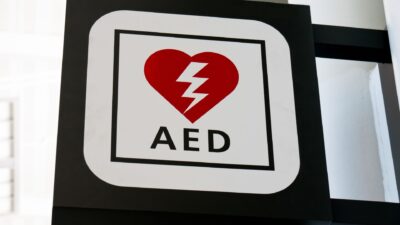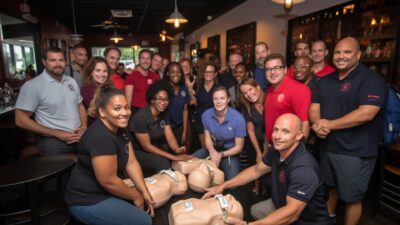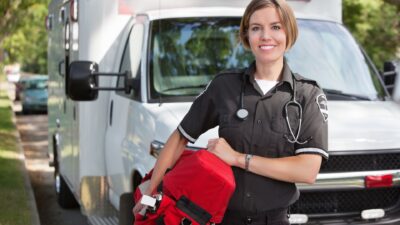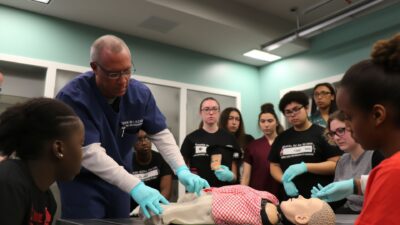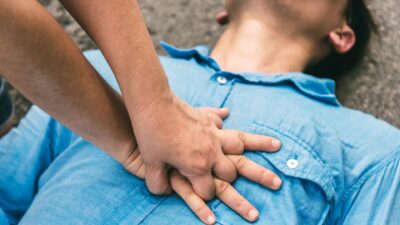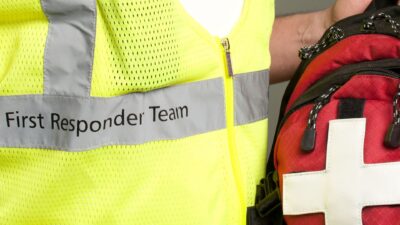
What Is the Average Cost of a CPR Certification Class in Irving, TX?
In Irving, TX, the average cost of a CPR certification class ranges from $50 to $100, depending on the provider and class type. Irving, known for its vibrant community and proximity to Dallas, emphasizes safety and preparedness, making CPR certification invaluable. CPR (Cardiopulmonary Resuscitation) is essential for anyone wanting to be prepared in emergencies, whether…
Read More
